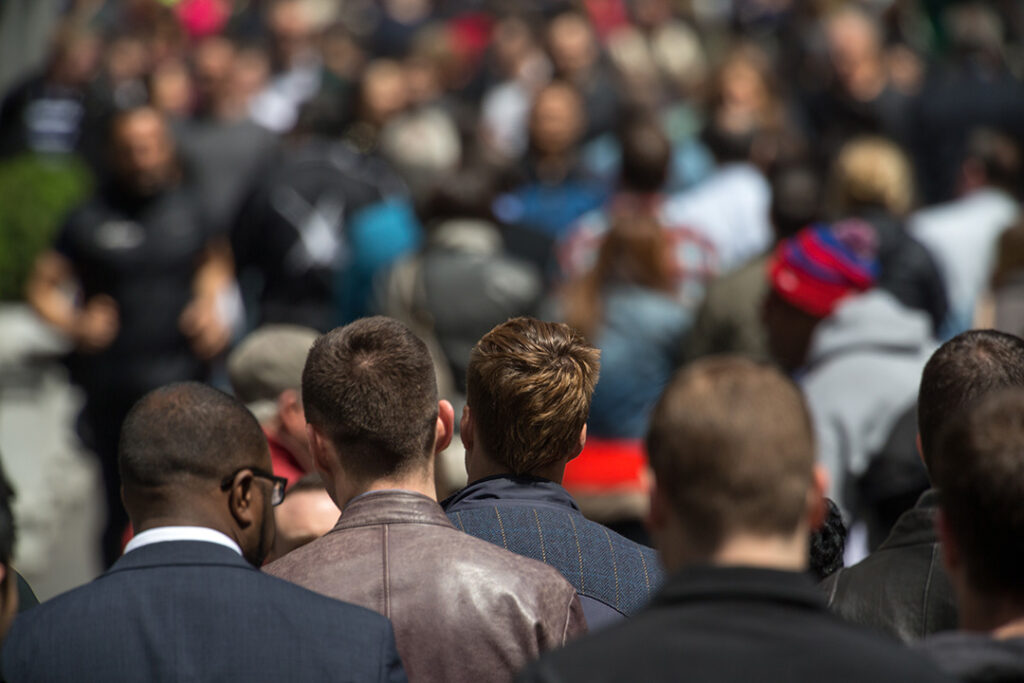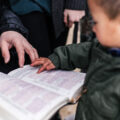Colonial legacies and religion: Unearthing the connection
Colonial legacies and religion: Unearthing the connection
Colonialism’s profound influence on religion continues to shape our world. Let’s delve into this connection and its lasting impact today.
Colonialism and religion: a complex interplay
The complex relationship between colonialism and religion has had a long-lasting impact on societies globally. This important connection has not only influenced religious beliefs, but also affected how ceremonies are conducted and changed who holds power. Recognising this historical link is crucial for understanding the complexities of today’s religious practices.[1]
To really understand this complex connection, we need to look closely at the history. During the time of colonialism, when different cultures came into contact, they mixed and blended together. Religion, which was very important in many societies, was used both to control people and as a way to resist. Studying this connection is very important for figuring out the stories that still affect our world today.[2]
One notable example is the Spanish conquest of the Americas. The encounter between Spanish explorers and indigenous civilisations led to a syncretism of beliefs. Indigenous practices merged with Christianity, showcasing how religion served as a tool for control and resistance.[3]
Colonial impact on religion
One clear result of colonialism on religion was syncretism. This means blending native beliefs with those brought by colonisers. This mix led to distinctive religious customs, showing a blend of cultural influences. This transformation deeply affected religious identities, reflecting the complicated interactions during colonial times.[4]
A striking instance of this is evident in the Caribbean, where African slaves carried their native religious practices to the New World during the colonial era. Confronted with the imposition of Christianity by their European captors, they adeptly merged their beliefs with aspects of Christian teachings. This syncretism gave rise to novel religious expressions like Santería and Vodou, blending African deities with Christian saints. This amalgamation not only helped preserve their cultural heritage but also served as a form of resistance against the suppression of their traditions.[5]
Colonialism also prompted the adjustment and reimagining of religious practices. Indigenous communities, striving to navigate the challenging circumstances of colonial rule, infused their traditions with fresh interpretations and rituals. This flexible resilience guaranteed the continuation of indigenous religious expressions, albeit in modified forms, amidst the surge of foreign influence.[6]
Religious authority and colonial power
At the core of this situation was the reshaping of religious authority in light of colonial dominance. Established rankings were overturned, and fresh power dynamics took shape. The connection between religious leaders and colonial rulers became a complex network of negotiation and influence. This overlap in authority still resonates throughout history, leaving behind a heritage of imbalanced power structures.[7]
Colonialism also had a profound effect on religious hierarchies. Traditional religious leaders struggled with the influence of foreign ideas and the imposition of new religious figures. This restructuring of hierarchies had extensive repercussions, permanently changing the social and political framework of colonised societies.[8]
Resistance through religion
Religion became a powerful tool of resistance against colonial oppression. Religious movements rallied communities, offering a platform for united action. Figures like Mahatma Gandhi and Martin Luther King Jr. harnessed spiritual principles to spark impassioned movements for justice, liberation, and self-determination.[9]
Throughout history, we find countless examples of religious leaders and communities taking the lead in protests against colonial rule. Whether in the Indian independence movement or the Civil Rights Movement in the United States, religion played a pivotal role as a driving force for change, providing comfort and fortitude to those fighting against systemic injustices.[10]
Contemporary ramifications
The impacts of colonialism still reverberate in our present-day religious settings. The blending of beliefs, modified rituals, and shifted power structures continue to be woven into the fabric of modern faiths. This long-lasting heritage urges us to confront the intricacies of our religious identities and practices.[11]
In the present day, communities are still wrestling with the complexities stemming from this historical interplay. The conflicts between long-standing beliefs and introduced doctrines, alongside persistent power imbalances, remain significant concerns in today’s religious settings. Recognising these challenges is crucial for promoting open conversation and mutual understanding in our diverse world.[12]
Relevance for today
Discovering the link between colonial legacies and religion is not a mere trip down memory lane, but a vital undertaking with deep relevance for the present. It urges us to address ongoing power imbalances and work towards reconciliation and rectification. Grasping this complex interplay empowers us to navigate the diverse religious landscapes of our interconnected world.[13]
By recognising this historical link, we take on the duty of addressing the current challenges in our religious communities. This involves nurturing inclusivity, encouraging interfaith dialogue, and questioning established power dynamics. Through these actions, we move closer to creating a more balanced and fair religious environment.
Colonialism and religion: shaping today’s global society
The intertwined histories of colonialism and religion have deeply influenced our world. Through syncretism, adaptation, and shifts in authority, these influences have fundamentally shaped our religious landscapes. Acknowledging the enduring effects of this connection is not just an intellectual exercise, but a crucial step towards building a more inclusive and fair global society. By uncovering these legacies, we set out on a path towards understanding, reconciliation, and ultimately, a more harmonious future.
Our team of analysts conducts research on topics relating to religion and society. Find out their relationships on the EARS Dashboard.
Sources
[1] Postkolonialismus, kirchengeschichtsdidaktisch
[3] Spanische Kolonialgeschichte: Entschuldigen, warum?
[4] Postkolonialismus, kirchengeschichtsdidaktisch
[7] Gott und die Welt – Die Macht der Religionen
[8] Gott und die Welt – Die Macht der Religionen
[9] Die Kirche und der Kolonialismus
[10] Die Kirche und der Kolonialismus
[11] Wie der Kolonialismus die Welt bis heute prägt
[12] Wie der Kolonialismus die Welt bis heute prägt
[13] Kirchen in der KolonialzeitChristliche Überlegenheitsdoktrin






